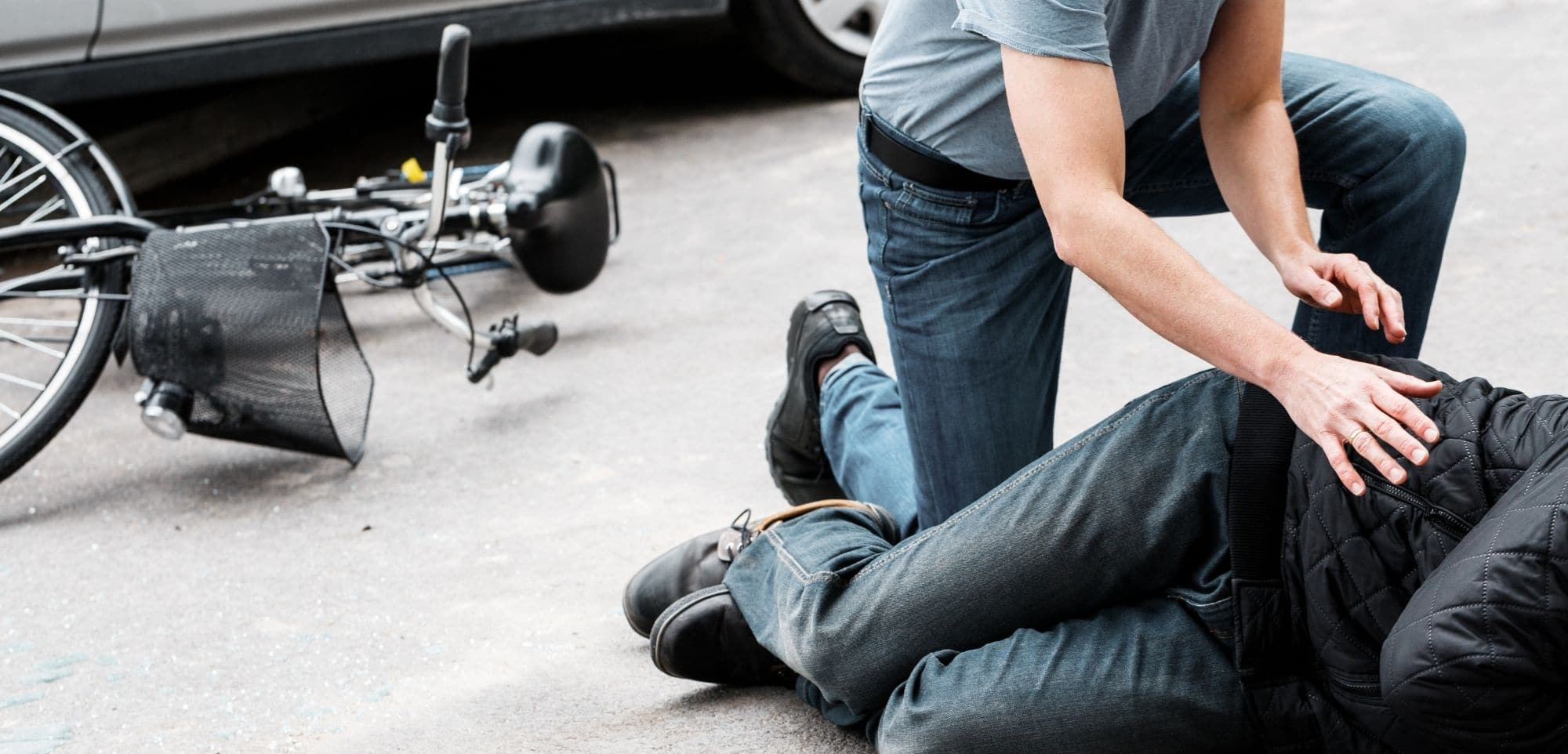
Nevada Good Samaritan Law
A Breakdown of the Nevada Good Samaritan Law
Here is the scenario, you are in a car accident and a Good Samaritan saw it and decided to help out. Under Nevada law, people who come to someone’s aid in an emergency are protected from being sued for any damages they contribute to or cause. This is known as the Good Samaritan Law, which is designed to encourage people to assist without fear of legal repercussions.
Under Nevada’s Good Samaritan Law, any person who assists a person in need and acts without malice or negligence will not be held liable for the consequences of his or her actions. For example, if a Good Samaritan renders first aid at an emergency scene, they would not be liable if the injured party’s condition worsened due to their care. The same rule applies when someone helps another in a situation that does not involve medical care, such as helping to move a car out of the way after an accident.
The Nevada Good Samaritan Law does not protect those who are negligent or act with malice in aiding someone else. This means that if the Good Samaritan was aware of potential risks and still provided assistance, they can still be held liable for the damages they caused.
The Nevada Good Samaritan Law is an important part of personal injury law in Nevada. It encourages citizens to come to the aid of those in need by shielding them from legal liability when their actions are not motivated by malice or gross negligence. If you have been injured due to another person’s negligence and a Good Samaritan assisted, be sure to seek legal advice to ensure that your rights are protected.
Exceptions to the Nevada Good Samaritan Law
Nevada’s Good Samaritan Law does not apply in certain circumstances.
- Gross negligence: is a higher standard of care than ordinary negligence and involves acting recklessly or wantonly. For example, if the Good Samaritan knew that their actions could cause serious harm to another person and still proceeded with assisting, they may be liable for any damages caused due to their gross negligence.
- In cases where medical professional attempts to render aid, they may be held liable if their actions are found to have been performed negligently.
- Additionally, the law does not protect Good Samaritans who are paid for their services or those attempting to assist another “in furtherance of an unlawful activity”, such as helping someone to commit a crime.
- Finally, the Good Samaritan must not have caused the accident or injury that they are attempting to help with. If they were found to be responsible for the incident in any way, their protection would be voided and they may face legal consequences.
Bottom Line:
Nevada’s Good Samaritan Laws serve as a form of legal protection for those who choose to render help in an emergency. Those who provide aid without malice or gross negligence will not be held liable for any damages caused by their actions. It is important to understand the exceptions to this law and how it applies to personal injury claims before attempting to offer assistance.
If you have been injured, contact an experienced Nevada personal injury attorney to ensure that your rights are protected. An experienced personal injury attorney will be able to help you determine whether or not the Nevada Good Samaritan Law applies in your case and can provide advice on how to proceed. Call us at (702) 570-0000 or fill out our form for more information.
 Clear
Clear Top 7 Christmas Injuries 2022
Top 7 Christmas Injuries 2022 